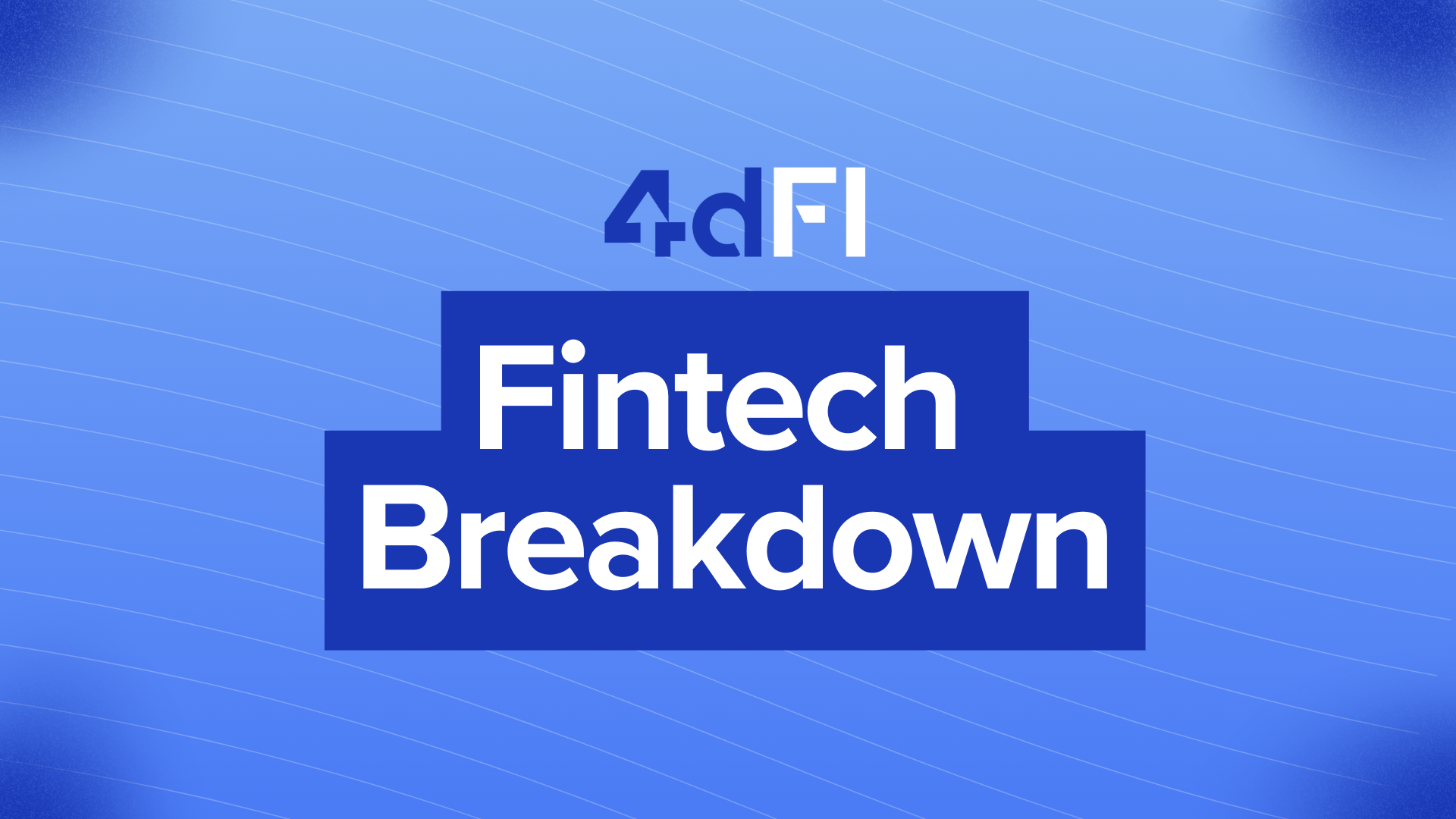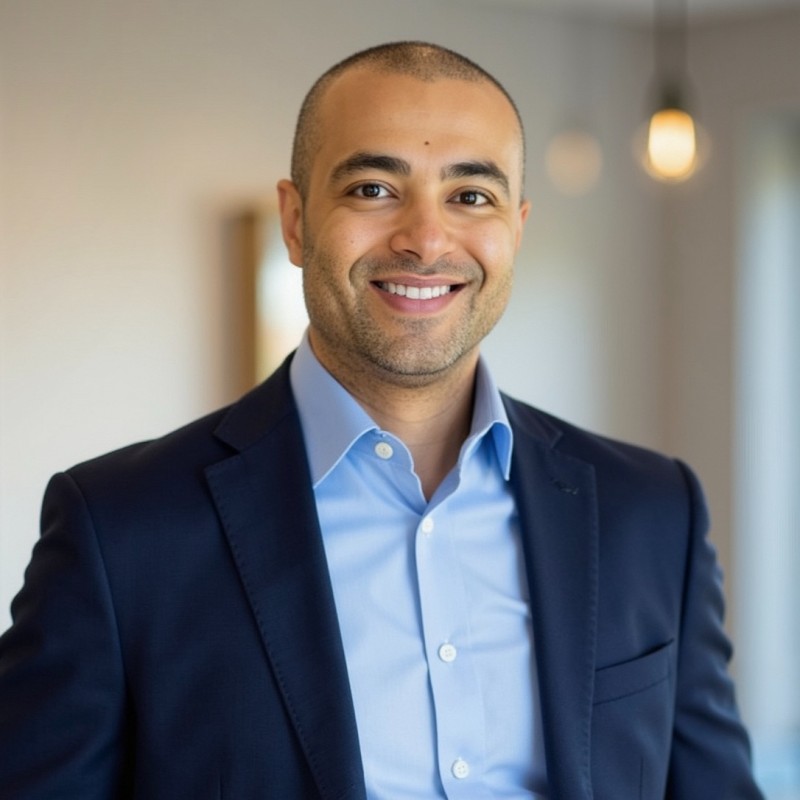Rise: Egypt’s digital banking evolution mirrors Nubank’s Brazilian success story
- Egyptian banking has long left most of its 122 million citizens on the sidelines, with 85% of the population unbanked and just 3% holding credit cards despite high smartphone adoption.
- Rise, led by former Lazard and CIBC World Markets veteran Abe Abdulla, aims to change this equation by bringing digital-first banking services to a market that's primed for financial inclusion.

In the bustling streets of Cairo, millions of Egyptians conduct their daily financial lives entirely in cash. Despite being home to Africa’s largest economy, Egypt faces a notable reality: 85% of its 122 million citizens remain unbanked, and credit card penetration hovers at a mere 3%. This financial inclusion gap represents both a societal challenge and a substantial opportunity.
Enter Rise, Egypt’s first private mobile bank, which launched in 2023 and is applying product and growth strategies that mirror the playbook Nubank employed in Brazil to address similar opportunities.
“The regulator in Egypt is keen to modernize, digitize, and make more accessible a banking and financial services industry that is behind much of the world, with antiquated processes, limited tech, poor customer experience, high costs, and high inefficiency,” says Rise CEO, Abe Abdulla. He brings 18 years of banking and financial services experience from institutions like Lazard and CIBC World Markets, giving the startup a blend of financial expertise and technological innovation.
The cash economy reality
According to Abdulla, Egypt’s financial system can be defined by its limitations. Traditional banks with physical infrastructures have struggled to reach most of the population. Long lines at bank branches, complex paperwork, and minimum balance requirements have kept financial services out of reach for many Egyptians.

Banking in Egypt is archaic, he says. Egypt’s current banking infrastructure faces challenges including limited access, high costs, inefficiencies, customer experience issues, and legacy systems – creating significant barriers to inclusion.
Yet the technological foundation for broader financial access already exists. Egypt has 94% smartphone penetration and 35 million mobile wallets already in use, so Egyptians have demonstrated they’re receptive to digital solutions. The disconnect appears to be in how banking services are delivered rather than in technology adoption itself.
The Nubank precedent
The parallels between Egypt today and Brazil a decade ago are notable. Before upstart Nubank entered the Brazilian market, that country also dealt with an established banking sector, service gaps, fees, and significant portions of the population operating outside the formal financial system.
Founded in 2013, Nubank has grown to become the largest fintech company in the world with over 100 million users across Latin America and a market capitalization of approximately $52 billion. Their model of offering straightforward digital alternatives to Brazil’s banking system has influenced digital banking strategies globally.
Rise’s approach draws inspiration from this success while adapting to Egypt’s specific market conditions. With an 8.7% GDP CAGR over the past decade, projected per capita GDP of $22,000 (PPP) by 2025, and a developing regulatory environment, Egypt presents distinct opportunities for digital banking services.
A mobile-first approach to financial access
Rise isn’t attempting to replicate traditional Egyptian banks just with a digital front end – instead, they’re rethinking how banking services can be delivered to meet the needs of Egypt’s largely unbanked population. After two years in the market, they’ve begun implementing their strategy focused on simplicity and accessibility.
The mobile-first platform offers credit options, QR payments, phone financing, digital wallet capabilities, receipts management, and traditional banking functions. This integrated approach aims to address multiple financial needs through a single platform.
“Like in other markets where start-up neobanks have experienced success and played the leading role in achieving these goals, Rise is in a position to do so in this market through modern, best-in-class tech, operations, and UX. The stage is set, and timing is perfect for this in Egypt. It’s a large market with tremendous potential,” says Abdulla.
Data-driven decision making
What distinguishes Rise’s approach is their emphasis on data and technology. The company has developed systems that analyze user behavior to improve risk assessment and product offerings.
Rise reports that each user generates more than 200 unique data points, creating a dataset that allows for more nuanced financial services decisions than traditional credit scoring alone might permit. This approach potentially enables them to serve customer segments that established banks might find difficult to evaluate.
With 120,000 applicants in their first year of operation and 20,000 approved customers, Rise is still in the early stages of market development. Their data shows 75% repeat transaction rates, suggesting their services are finding practical applications among early adopters.
Market challenges and opportunities
Egypt’s banking landscape includes established players with significant reported customer bases. The National Bank of Egypt reports 20 million accounts, Banque Misr 13 million, and several other institutions maintain substantial customer numbers.
Rise faces the practical challenges of building awareness, developing trust in digital-only banking, and navigating the regulatory requirements that govern financial services in Egypt. Meanwhile, they must compete with both traditional banks and potential new digital entrants in what could become an increasingly competitive space.
The company’s current business model centers on transaction fees from both merchant partners and customers. As their customer base grows, Rise plans to introduce additional services that include credit card offerings, account services, lending products, transfers, and investment options.
Looking forward
For financial industry participants, Egypt presents an interesting case study in how digital banking approaches might develop in markets with high smartphone adoption but low traditional banking penetration. Rise Bank’s progress offers insights into how the gaps in financial inclusion might be addressed through technology.
As traditional financial institutions assess growth markets, Egypt’s particular combination of economic growth, young population (with a median age of 24), and low banking penetration makes it a market worth watching. How Rise navigates the challenges of customer acquisition, regulatory compliance, and building a sustainable business model could provide valuable lessons for digital banking initiatives across similar markets.
Disclosure: The author may have, or be considering, financial interests in the company mentioned in this article. This article does not constitute financial advice, investment recommendations, or an offer or solicitation to buy or sell any securities. The information presented is based on representations made by the company and publicly available sources. Readers should conduct their own due diligence and consult with a qualified financial advisor before making any investment decisions.
Join our 4dFI investment and education syndicate to learn more about emerging financial services models across high-growth economies. Our members gain insights into companies like Rise Bank and the markets they serve. Visit tearsheet.co/4dFI to join today.


